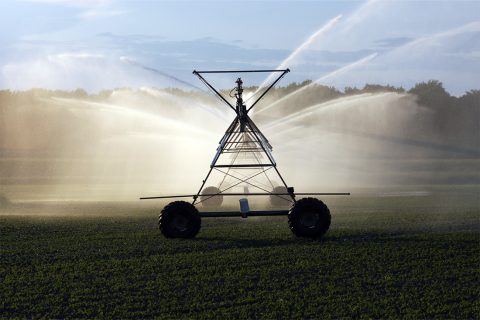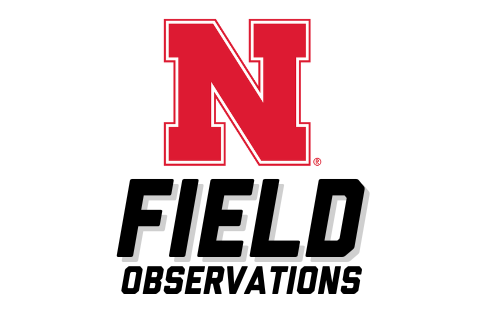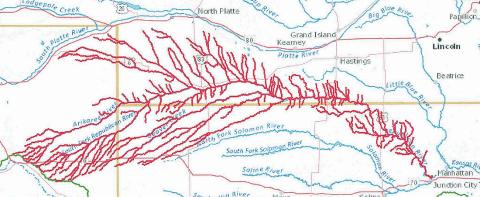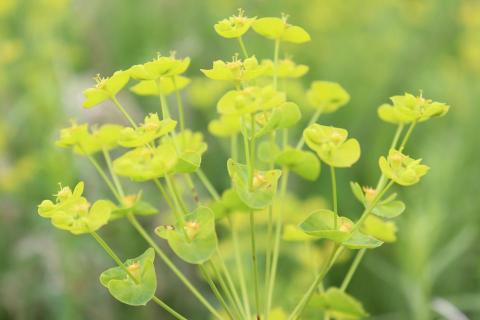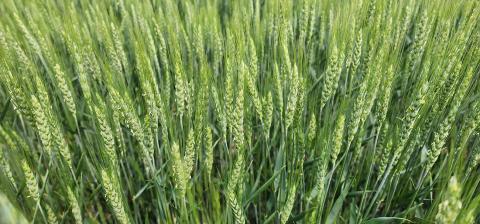Early Season Irrigation During Drought
June 7, 2023
For producers who are irrigating early this year due to drought, it's critical to monitor soil moisture to balance crop needs with the risk of losing nitrogen and other valuable crop inputs, while also avoiding the expense of over-irrigating.
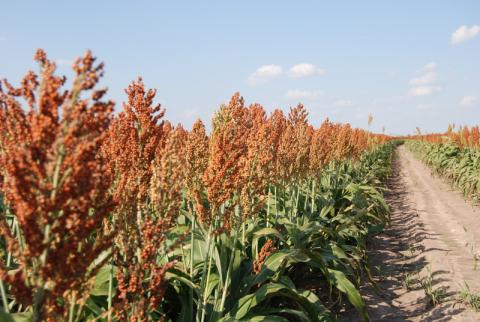
Crop Progress: Sorghum, Dry Bean Planting Falls Further Behind in Nebraska
June 7, 2023
As of June 4, progress on sorghum and dry edible bean planting was significantly behind last year's pace, and soybean planting was nearly finished.
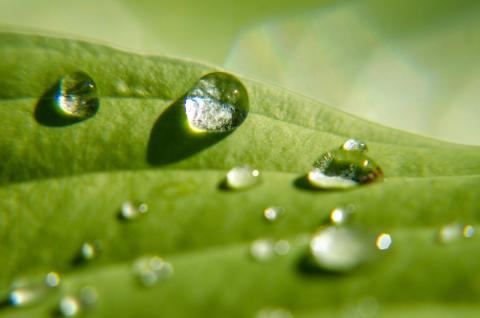
The crop water use report is updated weekly. Visit PHREC AgLab for more information.
Estimated Crop Water Use for June 5-11, 2023
June 6, 2023
Estimated crop water use for Nebraska Panhandle crops for the week of June 5.
This Week on N Field: Leafy Spurge Management
June 1, 2023
Leafy spurge is on the move — Nebraska Extension's Amy Timmerman shares tips on identifying and managing this invasive weed as it spreads to new areas of the state.
Major Nebraska Rivers and Their Drainages: Part 4
June 1, 2023
Featuring the Republican River, which holds the record for the worst flood in Nebraska history.
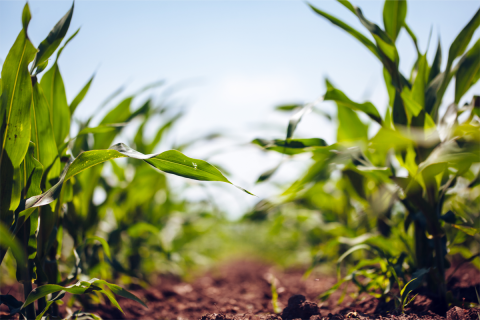
Crop Progress: Corn Planting Wraps Up, Winter Wheat Condition Declines
June 1, 2023
As of May 28, planting was at 96% complete for corn and 90% for soybean in Nebraska, while winter wheat conditions continued a slow decline.
Pasture and Forage Minute: Controlling Alfalfa Weevil and Leafy Spurge, First Cutting Alfalfa
June 1, 2023
With first cutting alfalfa to begin soon, extension educators discuss the importance of scouting for alfalfa weevils to mitigate yield losses and strategies for timing harvest, plus control options for leafy spurge.
Wheat Disease Update for June 1, 2023
June 1, 2023
Tan spot was identified in several fields recently surveyed in the Panhandle, and though Fusarium head blight hasn't been observed in fields yet, parts of western Nebraska are currently at high risk for infection.

